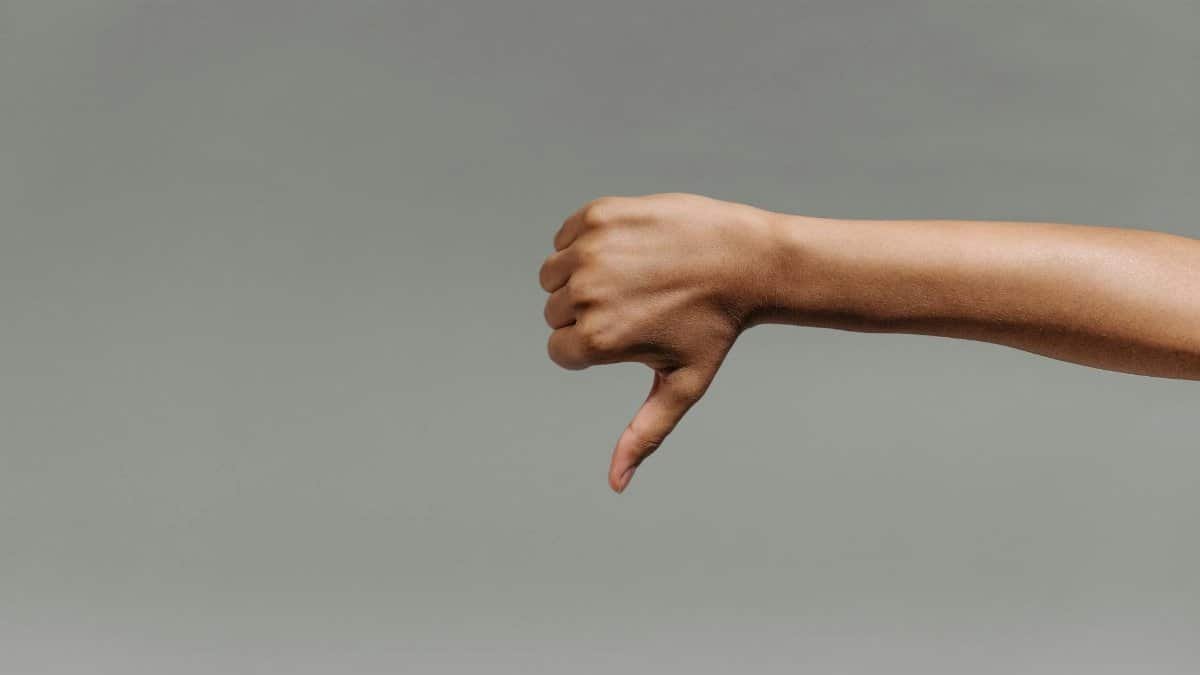Imagine a new job’s first day, not just with a branded mug or a company laptop, but with a small, thoughtfully curated box labeled “Emotional First-Aid Kit.” Inside, there’s a stress ball, a pocket guide to breathing exercises, and a card with tips for managing workplace anxiety. This is the rise of emotional kit swag, a growing trend in corporate onboarding across the U.S. as companies recognize that mental health support is no longer a perk—it’s an expectation. In 2025, as hybrid work models and employee burnout remain pressing concerns, more businesses are weaving emotional wellness into their welcome packages. This subtle shift signals a broader cultural acknowledgment: supporting mental well-being isn’t just personal, it’s professional. But how did we get here, and what does this mean for the future of work?
The Evolution of Workplace Wellness

Corporate wellness programs aren’t new. Decades ago, they meant gym memberships or the occasional health fair. But the focus has shifted dramatically. A 2021 survey by the Society for Human Resource Management (SHRM) found that 79% of employers now prioritize mental health benefits, a number that’s only grown since. Emotional kit swag—tangible, accessible tools for stress management—emerged as a natural extension of this pivot. These kits often include items like mindfulness journals or fidget tools, paired with resources for cognitive behavioral techniques. It’s a small gesture, but for many employees, it’s a signal that their well-being matters from day one. The message? Struggle isn’t a personal failing; it’s a shared human experience that companies are starting to address head-on.
A Tangible Response to Burnout

Burnout isn’t just a buzzword; it’s a crisis. The Gallup State of the Global Workplace report noted that in 2022, 44% of employees experienced daily stress, with numbers climbing among younger workers in high-pressure roles. Emotional kit swag offers a practical, if symbolic, antidote. Picture a call center worker in Atlanta, squeezing a stress ball during a tough customer interaction, or a remote tech employee in Seattle glancing at a desk card with grounding exercises during a marathon Zoom meeting. These items don’t solve systemic issues like overwork, but they provide a momentary anchor. They’re a reminder to pause, to breathe—something many forget in the grind of deadlines.
Why Companies Are Investing

At first glance, handing out emotional kit swag might seem like a PR stunt, a way to appear caring without deeper change. But there’s more to it. Retention is a major driver. The McKinsey & Company report on the Great Resignation highlighted that employees often leave for workplaces that prioritize well-being over pure salary. A $20 kit with stress-relief tools costs far less than recruiting and training a replacement. Beyond economics, there’s also a cultural shift. Employees in 2025 expect transparency and humanity from employers. Offering these kits during onboarding isn’t just goodwill—it’s a competitive edge in a tight labor market.
The Contents of Connection

What’s actually in these kits? It varies, but common items speak to immediate needs. Stress balls and fidget spinners target physical tension. Mini-guides to mindfulness or quick breathing exercises offer mental resets. Some companies include hotline numbers or QR codes linking to employee assistance programs. One tech startup in Austin even added custom playlists for relaxation, accessible via a card in the kit. These aren’t one-size-fits-all solutions, but they’re a starting point. As one new hire shared anonymously online, receiving such a kit felt “like the company was saying, ‘We know this job can be hard, and we’ve got your back.’” That sentiment, however small, can shift how someone views their workplace.
Critics and Caveats

Not everyone’s sold on emotional kit swag. Some argue it’s a Band-Aid for deeper issues like toxic work cultures or inadequate mental health benefits. A scathing editorial in a major business journal called these kits “performative wellness,” pointing out that a stress ball won’t fix 60-hour workweeks. There’s truth there. Without systemic change—better workloads, real mental health coverage—these kits risk feeling like empty gestures. Still, others see them as a conversation starter, a way to normalize talking about stress at work. The challenge for companies is clear: pair the swag with policy. Otherwise, it’s just another branded giveaway collecting dust on a desk.
A Broader Cultural Shift

Zoom out, and emotional kit swag reflects something bigger. The stigma around mental health is crumbling, albeit slowly. A American Psychological Association study from 2022 showed that 81% of workers feel more comfortable discussing mental health at work than a decade ago. These kits, handed out during onboarding, are a physical manifestation of that openness. They’re not just for the individual; they signal to entire teams that vulnerability isn’t weakness. In cities like San Francisco or New York, where startup culture often glorifies hustle, this feels like a quiet rebellion—a nudge toward balance over burnout.
Personalizing the Approach

One size doesn’t fit all, and companies are starting to notice. Some are tailoring emotional kit swag based on employee feedback or demographic needs. A healthcare firm in Chicago, for instance, included grief resources in kits for staff dealing with patient loss. Others offer digital add-ons, like app subscriptions for meditation, alongside physical items. This customization matters. Mental health isn’t a monolith—stress for a single parent juggling childcare looks different from anxiety for a recent grad navigating imposter syndrome. When done thoughtfully, these kits can feel less like corporate swag and more like genuine care. The key is listening to employees, not just checking a wellness box.
Looking Ahead in Workplace Support

As 2025 unfolds, emotional kit swag is likely to evolve. Some predict integration with wearable tech—think stress-tracking smartwatches paired with onboarding kits. Others see companies partnering with mental health nonprofits to ensure resources are credible and impactful. What’s certain is that mental health in the workplace isn’t a passing trend. It’s a fundamental shift in how we define productivity and success. For now, these small kits are a stepping stone, a tangible acknowledgment of an intangible struggle. They’re not the whole answer, but for many stepping into a new role, they’re a welcome first step—a reminder that they’re not alone in the daily push and pull of work and life.
